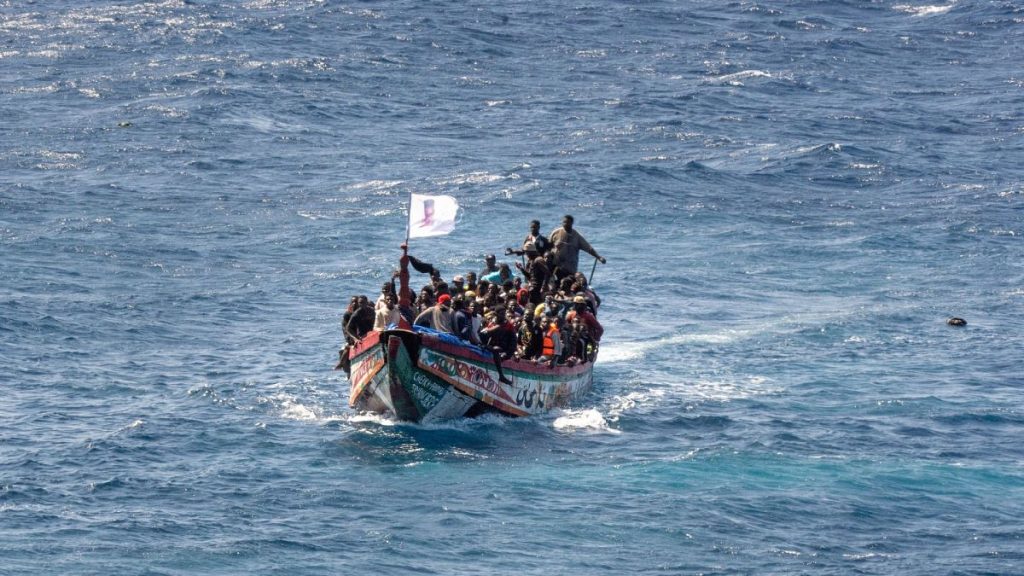A tragic incident earlier this month resulted in the deaths of more than 60 migrants attempting to reach Spain when their boat capsized. Among the 80 passengers onboard, only 11 individuals survived. Mali’s minister for the diaspora, Mossa Ag Attaher, confirmed that 25 of the victims were identified as Malian nationals, while nine were rescued. The Atlantic migration route to Spain’s Canary Islands, which is closer to Africa than mainland Spain, is known to be one of the deadliest in the world. Many migrants taking this route come from countries in West Africa, such as Mali, Senegal, and Mauritania, in search of better opportunities or to escape violence and political instability.
Several of the Malian victims hailed from the Kayes region in western Mali, according to ministry adviser Doulaye Keita. Mamadou Siby, mayor of the Marena commune in the Kayes region, confirmed that eight of the deceased individuals were from his commune. These young men had left their community seven months prior to work in the construction industry in Mauritania. Siby revealed that they had been in contact with friends in Europe and America who encouraged them to make the journey to those countries, leading them to embark on the perilous voyage without informing their families back home. This tragic loss highlights the dangers faced by migrants seeking a better life through irregular means and the impact on their families and communities.
The high number of Malian nationals among the victims of the boat capsizing emphasizes the prevalence of migration from West Africa to Europe through dangerous routes such as the Atlantic migration path to the Canary Islands. These migrants often face difficult circumstances in their home countries, whether due to economic hardships, violence, or political instability, driving them to undertake risky journeys in search of a better future. The lure of better opportunities in Europe, coupled with encouragement from peers who have successfully made the journey, can lead individuals to take life-threatening risks without fully realizing the potential consequences.
The tragedy of the boat capsizing off the coast of Spain serves as a stark reminder of the dangers faced by migrants attempting to reach Europe through irregular means. With only a fraction of the passengers surviving the incident, the loss of life highlights the urgent need for safer migration routes, as well as addressing the root causes that drive individuals to risk their lives in search of a better future. The impact of such events extends beyond the immediate victims to their families, communities, and countries of origin, underscoring the complex and far-reaching consequences of irregular migration. Efforts to prevent further loss of life must address both the immediate need for rescue and assistance for survivors as well as long-term solutions to address the underlying issues driving migration.
As authorities work to identify and repatriate the victims of the boat capsizing, the focus remains on providing support and assistance to the survivors and their families. The tragedy has brought attention to the challenges faced by migrants seeking to reach Europe through dangerous routes and the need for greater international cooperation to address the root causes of irregular migration. By addressing issues such as economic inequality, political instability, and conflict in countries of origin, policymakers can work towards creating safer and more sustainable migration pathways that protect the rights and well-being of migrants while also addressing the concerns of host communities. The loss of life in this incident serves as a somber reminder of the human cost of irregular migration and the need for a coordinated and compassionate response to prevent future tragedies.


